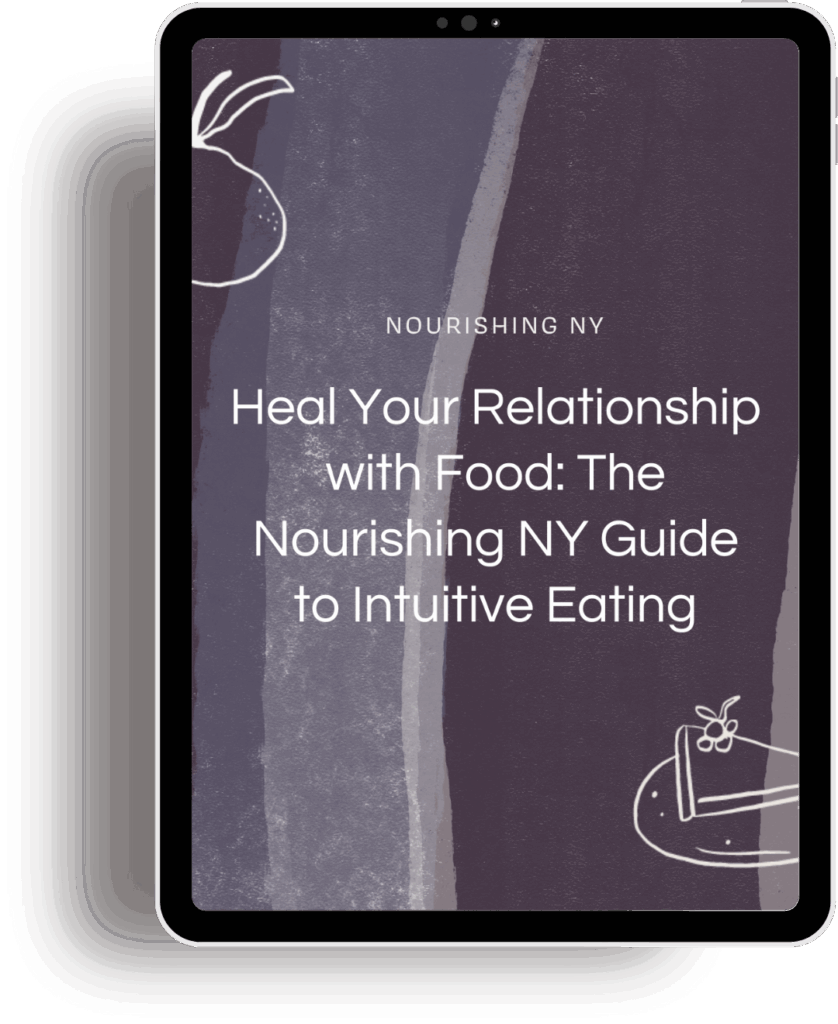What is an eating disorder?
Eating disorders are behavioral conditions that affect psychical, psychological, and social function by having severe disturbance in eating behaviors. These severe changes to eating patterns are associated with thoughts and emotions that may contribute to this change in behaviors such as preoccupations or anxiety with food and weight. Eating disorders can affect anyone of any age or gender and can cooccur with other psychiatric disorders. Eating disorders are psychological in nature but have severe physiological consequences.
General and broad symptoms
The most common eating disorders are anorexia nervosa, bulimia nervosa, and binge-eating disorder and symptoms generally vary according to the specific type of eating disorder. However, one general sign to look out for is a preoccupation with food and weight. With anorexia nervosa signs to look out for are abnormally low body weight, intense fear of gaining weight, and excessive weight loss strategies such as limiting calories or over-exercising. Signs of bulimia nervosa include binging and purging, restricting through the day and binging at night, signs of a lot of food eaten in a short period of time, and purging through self-induced vomiting, over-exercising, or laxatives. Binge-eating disorder has similar signs to bulimia nervosa in that large amounts of food are eaten in a small period of time, but there is no purging afterward.
Why you need to get help now.
Eating disorders can be life-threatening. You can die from an eating disorder if it is left untreated. Eating disorders have the highest mortality rate of any mental illness. At least one person in the United States will die from an eating disorder every hour and people aged 15-24 with anorexia are more than 10 times more likely to die than their healthy counterparts.
Eating disorders have lasting physical and psychological consequences. Eating disorders can have short-term and long-term physical and psychological consequences such as losing your menstrual period, infertility, osteoporosis, electrolyte imbalances, cardiac issues, high blood pressure, stunted growth, dental cavities, anxiety, depression, chronic fatigue, muscle weakness, difficulty concentrating, low-self-esteem, social isolation, stomach pain, constantly feeling bloated, feeling cold most of the time, dizziness, stomach ulcers, and irritable bowel syndrome. Some long-term and permanent symptoms can be prevented if the eating disorder is treated early enough, and many symptoms are reversible once treatment is underway.
Treatment is most effective early on. Research shows that if treatment occurs early on recovery occurs more quickly, symptoms reduction is greater, and reoccurrence is lower. Untreated eating disorders can lead to cancer, diabetes, organ failure, and death.
If there are patterns of disordered eating without an eating disorder, further development can be prevented. If patterns that increase the risk for eating disorder development are caught early and interventions are put in place, the development of an eating disorder can be prevented.
Treatment involves more than just willpower. There are many steps involved in eating disorder treatment and a large team of medical professionals. Refeeding, nutritional counseling, and therapy cannot be done fully unsupported by a patient, especially as refeeding comes with its own risks. Always remember that eating disorders cannot be cured overnight, it will take time.
Where to start
NEDA Online Screening Tool: https://www.nationaleatingdisorders.org/screening-tool
NEDA Provider Database: https://map.nationaleatingdisorders.org/
Emergency Resources:
-
NEDA Chat server: https://chatserver.comm100.com/ChatWindow.aspx?siteId=144464&planId=467
-
NEDA Helpline: Call (800) 931-2237 or Text (800) 931-2237
-
ANAD Helpline: Call toll-free: 1 (888)-375-7767
Affordable options:
-
If you have insurance look for in-network providers
-
Look for sliding-scale options: some providers offer ta structure where different pricing is offered based on a person’s income
Treatment scholarships
-
Moonshadow’s Spirit: https://moonshadowsspirit.org/
-
Project HEAL: https://www.theprojectheal.org/
-
Kirsten Haglund Foundation: https://kirstenhaglundfoundation.org/
No cost options
No cost and free options will not fully replace treatment, but they are a good first step and added support.
-
Find support near you: https://www.nationaleatingdisorders.org/help-support/support-groups-research-studies
-
NEDA Virtual Support Groups: https://www.nationaleatingdisorders.org/neda-network-virtual-support-groups
-
MEDA Recovery Community: https://recoverwithmeda.org/welcome-neda/
-
ANAD Support Groups: https://anad.org/get-help/about-our-support-groups/
-
ANAD Recovery Mentors: https://anad.org/get-help/request-a-recovery-mentor/
-
Recovery Record App: https://www.recoveryrecord.com/
-
Tessa, Prevention Robot: https://www.x2ai.com/neda-tessa
Fears of treatment and a brighter future.
Fears of gaining weight, losing control, losing part of your identity, and losing this coping mechanism are common and may make you want to avoid diagnosis. Many people believe that they are not sick enough to receive treatment. You deserve help and you deserve to get healthy. No matter what fears you have, a better and brighter future is possible by seeking help!
References
Contact the helpline. (n.d.). National Eating Disorders Association. https://www.nationaleatingdisorders.org/help-support/contact-helpline
Do you need professional help for an eating disorder? (n.d.). The Soho Center. https://www.thesohocenter.com/blog/do-you-need-professional-help-for-an-eating-disorder
Eating disorders. (2018, February 22). Mayo Clinic. https://www.mayoclinic.org/diseases-conditions/eating-disorders/symptoms-causes/syc-20353603
Guarda, A. (2021, March). What are eating disorders? American Psychiatric Association. https://www.psychiatry.org/patients-families/eating-disorders/what-are-eating-disorders
How to get help for an eating disorder. (n.d.). FHE Health. https://fherehab.com/eating-disorders/when-to-seek-help
Jones, M. (n.d.). Why early intervention for eating disorders is essential. National Eating Disorders Association. https://www.nationaleatingdisorders.org/blog/why-early-intervention-eating-disorders-essential
Singh, R. (n.d.). Help with eating disorders: How to win. Mantra Care. https://mantracare.org/therapy/eating-disorders/eating-disorders-help/



